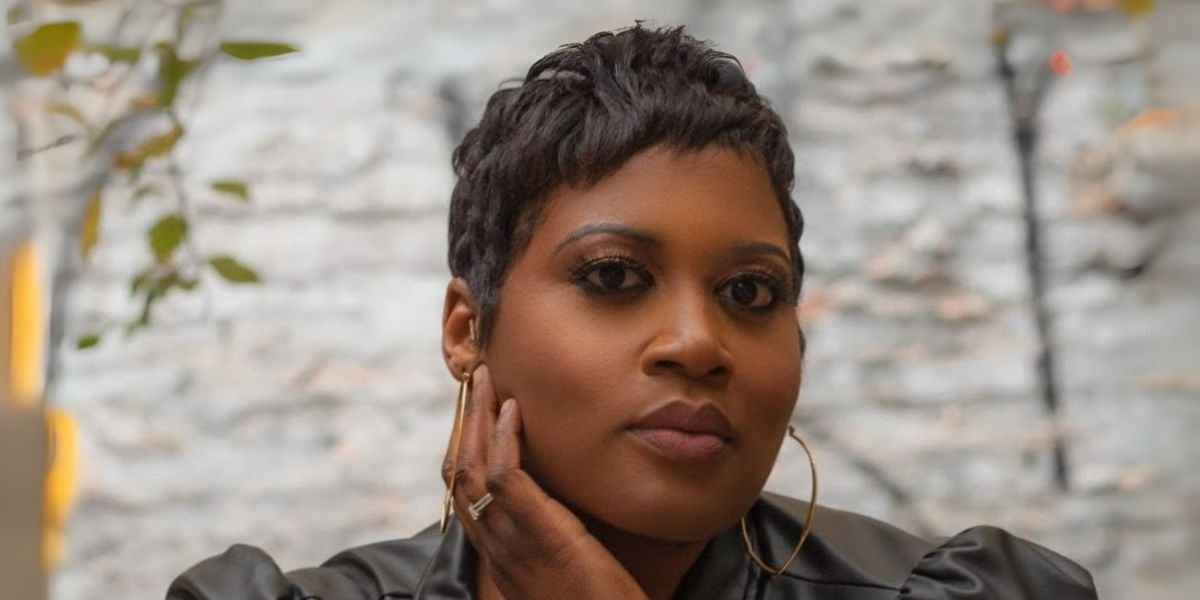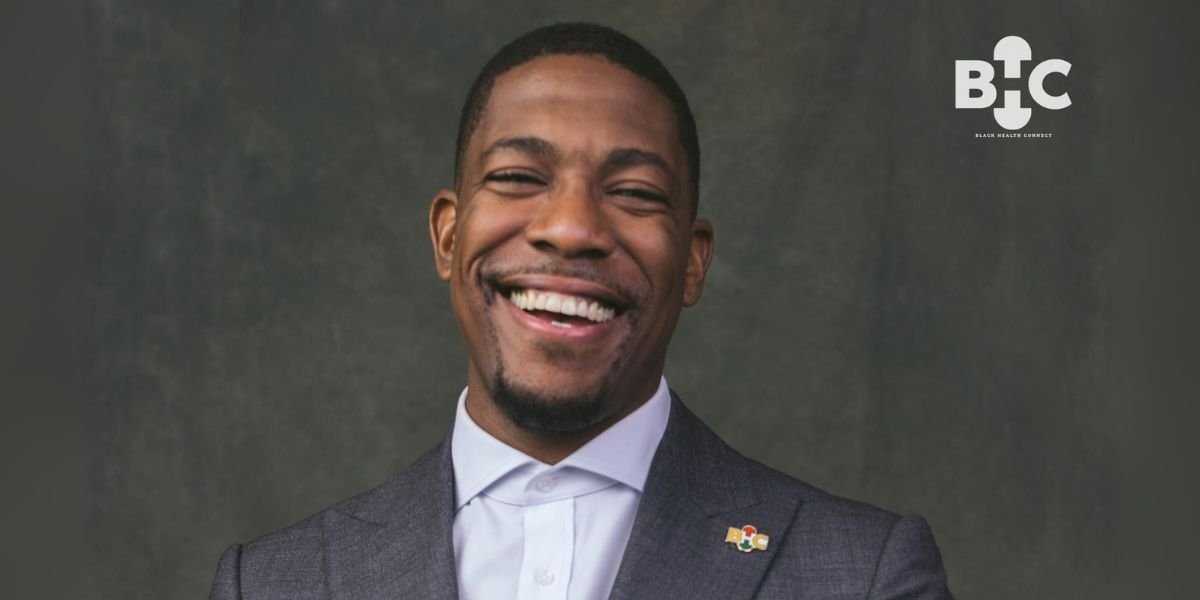Healthy relationships are the heartbeats of human life. They sustain us, enrich our experiences, and nourish our emotional and mental well-being. Indeed, the foundation stones for such relationships are mutual respect, trust, and support. However, there lies a dark antithesis to a healthy relationship, often referred to as a ‘toxic relationship.’ The negative impact of these unhealthy relationships on an individual’s emotional well-being, self-esteem, and overall happiness can be quite devastating. For this reason, DLR VBS accentuates the need to comprehend various types of toxic relationships and to identify them early on.
Firstly, there are controlling and manipulative relationships. These are scenarios where one person exerts an excessive amount of control over the other. It is not uncommon to find practices such as gaslighting, constant criticism, and emotional blackmail taking center stage in such relationships. Oftentimes, the controlling partners may work to undermine the other’s self-confidence, independence, and decision-making abilities. If one feels constantly monitored, restricted, and fearful of expressing their thoughts and opinions, it’s possible they might be in a controlling and manipulative relationship.
The second type of toxic relationship is one that is emotionally abusive. This form of relationship is sadly quite prevalent and involves consistent patterns of belittlement, humiliation, and degradation. In worst-case scenarios, emotional abusers resort to verbal insults, derogatory comments, and threats to control and manipulate their partner’s emotions. Victims in these relationships frequently feel demeaned, anxious, or fearful around their partners.
Another alarming type of toxic relationship is codependency. Codependent relationships thrive on an unhealthy reliance on one another for emotional well-being and validation. In these relationships, boundaries blur, independent decision-making skills flounder, and individual interests and goals take a back seat. Codependent partners often grapple with establishing an identity outside of the relationship. This leads to an unhealthy dynamic of enabling and dependency, usually marked by feelings of being excessively responsible for the other person’s happiness and the neglect of personal needs and desires.
Moreover, narcissistic relationships cannot be left out when discussing toxic relationships. Individuals with narcissistic traits crave constant admiration, attention, and control. They often have a limited capacity for empathy, frequently exploit others for personal gain, and display a tremendous sense of entitlement. Non-narcissistic partners in these relationships often bear the brunt of emotional neglect and manipulation, leading to feelings of being devalued, invalidated, and less appreciated.
Lastly, addictive and codependent relationships anchor on substance abuse or other addictive behaviors. Dependent partners tend to prioritize addiction over their personal well-being, resulting in neglecting responsibilities and enabling destructive behavior. It is not uncommon for these individuals to feel trapped in a cycle of dependence.
DLR VBS believes that recognizing toxic relationships is the first step towards healing and establishing healthier boundaries. If you suspect you’re in a toxic relationship, trust your instincts and take action. Pay attention to your feelings and intuition, as they usually provide the best insight into what’s going on in your relationship. Then, evaluate the dynamics of your interaction by reflecting on power dynamics, communication patterns, and emotional responses in the relationship.
In conclusion, understanding toxic relationships and identifying them early on is a crucial path to emotional health and well-being. Navigating these interactions can be daunting, but remember, seeking help is a sign of strength. DLR VBS encourages all to be proactive in strengthening their emotional health by learning to identify and, when necessary, exit toxic relationships. Find support in safe spaces and remember that just like healthy relationships, you, too, are valuable and worthy.








